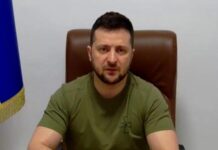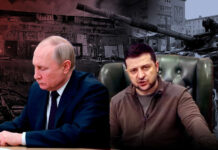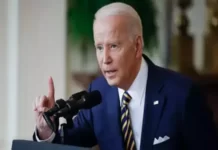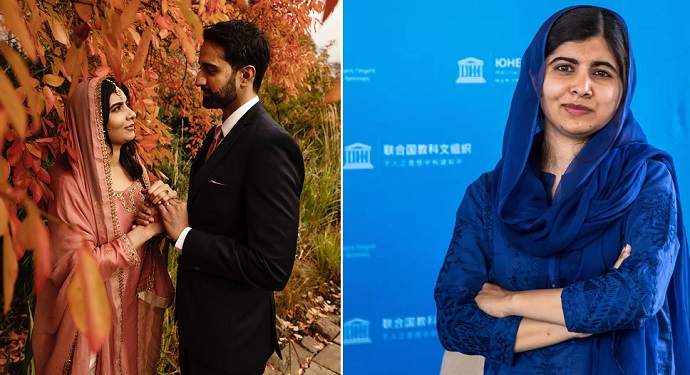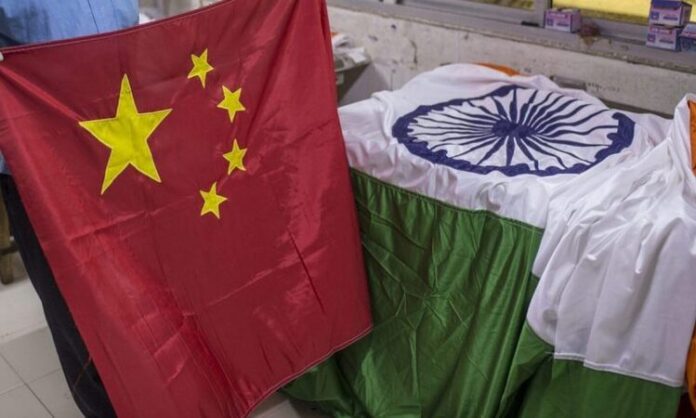
Every conflict is marred by the collision of political goals and strategic reality. It is possible that it is also driving the current direction of the war in Ukraine. Russia’s professed political goals are increasingly colliding with military reality, influencing decisions about how much force to use, in what manner, and for how long.
What must be evident to Russia’s decision-makers is that they have either misjudged the Ukrainians’ potential for resistance or exaggerated their own military might. It’s possible that it’s a mix of the two. Furthermore, they appear to have overestimated the US and its allies’ ability to work together and take action in terms of military supply and economic sanctions. The direction of the war will be determined by Russia’s miscalculations and the realisation that there are limitations to what force can achieve.
Russia’s demands for Ukraine are on the table, and they have been repeated several times. The major demands are for the country’s constitution to be changed to entrench neutrality, recognition of Crimea as a Russian territory, recognition of the separatist republics of Donetsk and Lugansk as independent states, and an end to Ukraine’s military activity. Russia, on the other hand, has control over the termination of military operations and is linked to territory gains that can subsequently be used in diplomatic negotiations.
In terms of military might, Russia’s territorial gains so far are insufficient to compel Ukraine to comply with all of the Kremlin’s demands. Russia’s decision to suspend its invasion is also linked to the time it will take to endure the economic constraints, its capacity to deal with the load of internal forces in the form of popular unrest, and the help it will receive from countries like China and India.
China backed Russia’s assertions of US-backed biological labs and weapons in Ukraine, and demanded that the Kremlin’s concerns be adequately handled. India, too, took a similar attitude, stating that any issues relating to duties under the Biological and Toxic Weapons Convention (BWTC) should be handled in accordance with the convention’s rules. The US refuted the charges, saying, “There are no US-supported Ukrainian biological weapons laboratories – neither near Russia’s border or anywhere.”
On March 18, 2022, US President Joe Biden held a video conference with China’s Xi Jinping. According to the US release, Biden discussed “the ramifications and repercussions if China gives material support to Russia while it conducts savage attacks against Ukrainian cities and civilians.” “The first objective now is to continue discussion and negotiation, avoid civilian losses, prevent humanitarian crises, and end the conflict as soon as possible,” China said in a statement. The long-term solution is mutual respect among great countries, abandonment of the Cold War mentality, avoidance of camp confrontation, and the gradual construction of a balanced, effective, and durable global and regional security architecture.”
China’s insistence on dumping actions related to “not engaging in camp confrontation” is, in reality, the most serious political issue that has to be handled in Ukraine. It’s a dilemma brought on by the North Atlantic Treaty Organization’s (NATO) structural struggle with Russia. The issue’s resolution is essentially about Ukraine’s neutrality, but it’s also about the country’s sovereignty and decision-making independence that it’s meant to have under the international system. It has the freedom to choose whether it wants to preserve a relationship with Russia, NATO, or the European Union (EU).

